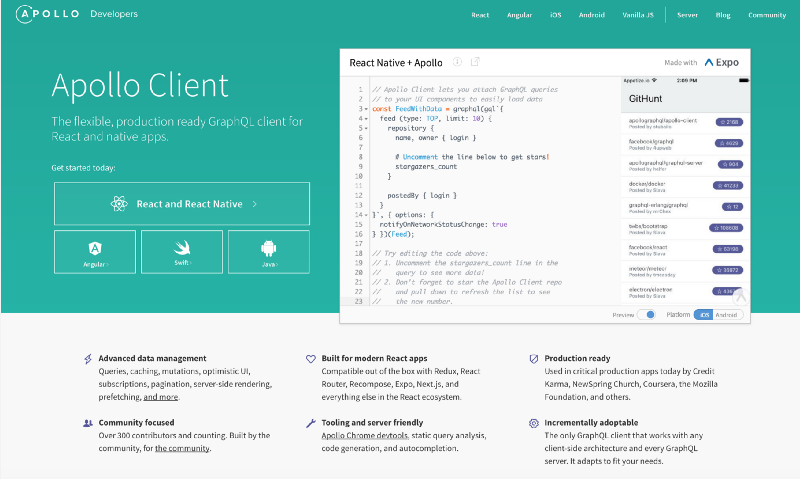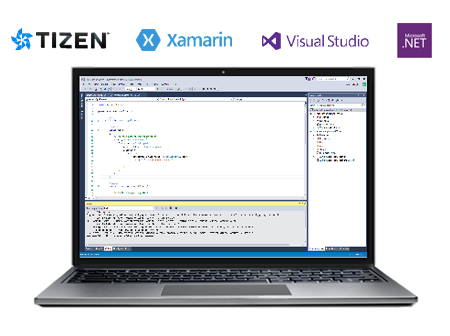You could easily be forgiven for having forgotten that there are, in fact, around seven or eight mobile operating systems still out there. Android and iOS have managed to suck so much air out of the room that RIM and Microsoft are both gasping. Behind them, other wannabe mobile operating systems have come and gone, relegated to the dustbin of history alongside MeeGo, Symbian, and the Danger Sidekick OS.
And yet, the Tizen mobile operating system seems to have at least some groundswell underneath it. The Tizen Developer Conference in San Francisco this week was mostly populated with visitors from overseas, mainly Europe and China. The sponsors of the event were primarily from Japan, China and South Korea: Samsung, NTT DOCOMO, Huawei, NEC, Fujitsu, and SK Telecom.
Why are all these overseas companies interested in building a new operating system primarily targeted at low-value mobile devices? Because the telecoms of the world fully realize now that iOS and Android cut them completely out of the picture. With an Android or iOS device, the carrier is a commodity, with no interest in what the phone is, does or has access to.
While app store revenues pale in comparison to, say, iPhone revenues, or even to iPhone carrier service revenues, those are still funds that the carriers are jealous over. Verizon, a few years back, tried to launch its own Android app store, similar to Amazon’s, only to give up soon after when it became clear that other app stores aren’t worth a whole lot when every device is built to suckle at the original OS’ teat.
And thus, Tizen is enticing, because it offers a modern mobile OS that can fit on a low-power, low-cost device. While Tizen devices can still browse the Web, check e-mail and make phone calls, they’re significantly less complex than their Android and iPhone counterparts, making them ideal for emerging markets and the BRIC countries.
So, while the Tizen Developer Conference is neither really making headlines nor offering up any unique and new wisdom on development, it is at least offering an alternative mobile platform: one not tied to any specific vendor or monetization scheme. That’s at least something worth paying attention to.






